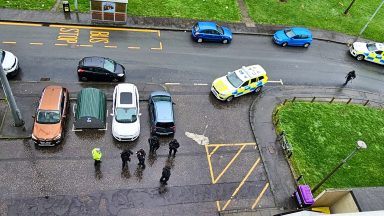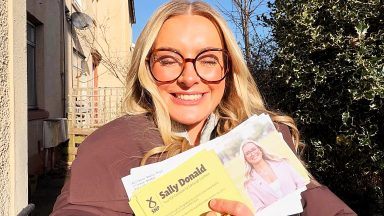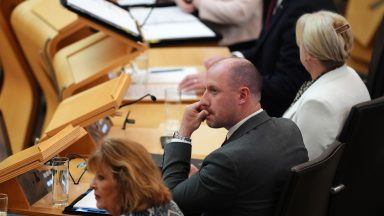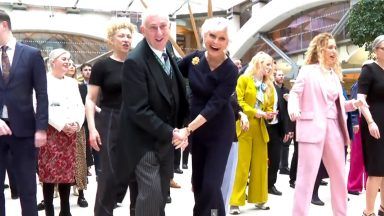The Scottish Government appeared to make “exactly the same mistakes twice” when dealing with the pandemic in 2020, an inquiry has heard.
Professor Paul Cairney questioned whether the Government learned from experience and said there was a “rhetoric of learning that does not match reality”.
The academic, a professor of politics and public policy at the University of Stirling, was asked to prepare an expert report for the UK Covid-19 Inquiry focusing on Scottish Government decision-making during the pandemic.
He was questioned about the “extremely extensive” report when giving evidence to the inquiry in Edinburgh on Thursday.
He said the Government did not appear to learn from experience in relation to the pandemic and lockdowns in 2020.
Prof Cairney said: “It you were to distil down all the evidence from the Scottish Government, you could turn it into a very simple convincing story which is we are a well co-ordinated learning organisation, we may not have been prepared for this new pandemic in spring 2020 but we are an effective organisation to the extent that we can learn and respond to subsequent pandemics much more effectively.
“I think that’s the Scottish Government position and I think there’s also witness statements from the former first minister (Nicola Sturgeon) and deputy first minister (John Swinney) that encapsulate that assertion of learning.
“The first minister says I told the Scottish Cabinet in December 2020 that essentially we have learned that you cannot wait for the problem to become a crisis, you have to act quickly, we learned that from the first lockdown.
“The deputy first minister says we’ve learned that in key cases sometimes only a major lockdown will do, these other measures are not going to work, so they both talk about learning from the previous experience in the sense that it would inform their future decisions, and that is a good learning organisation.
“But what I can’t then do is reconcile that with the fact that they appear to have made exactly the same mistakes twice.
“The first one was understandable because the virus was novel, lockdown in March was something that was profoundly different from what anyone had been used to, they clearly were not sure what would happen, how much people would adhere to the guidelines.
“But they state time and time again in their documents, we learned a lot from what happened during that lockdown and we’ve learned a lot about what this virus is – and yet they appear to have produced the same delays in response for the second lockdown as the first, so in my mind that does not exhibit pandemic preparedness in relation to continuously learning.”
Jamie Dawson KC, lead counsel to the current module of the inquiry, said it has heard evidence about Covid-19 mortality rates in subsequent years of the pandemic and hospitals being “overwhelmed” in 2021, and a “perfect storm” of issues.
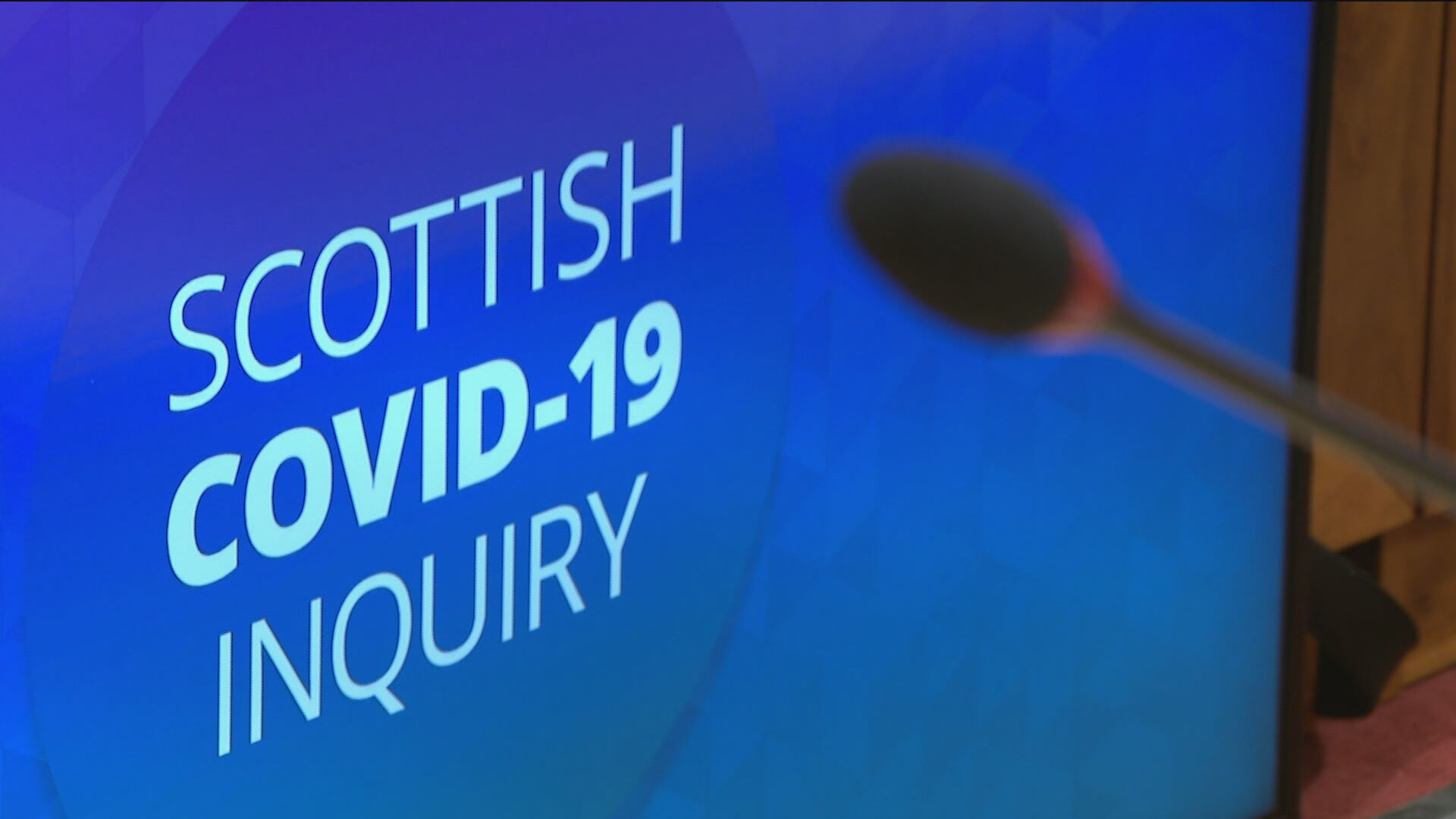 STV News
STV NewsHe asked: “Are these features of the evidence consistent with your general proposition that the evidence doesn’t seem to suggest that you’ve seen, that lessons were learned during the pandemic such as to combat further waves and further devastation?”
Prof Cairney replied: “Yes I think that the Scottish Government documents talk much more about learning than they demonstrate learning feeding into action.”
He said he does not see evidence of longer term learning that will produce something to inform the next pandemic.
Inquiry chairwoman Baroness Heather Hallett asked: “Are you saying it’s translating the words into action?”
The witness replied: “Yes, I think the Scottish Government produces beautiful strategy documents, it has a wonderful language to describe how it wants to be, it does not have the same effective language for describing how it is.”
Later, the inquiry heard from Donald Macaskill, chief executive of Scottish Care, which represents the independent social care sector in Scotland.
He told the inquiry that Scottish Care came to the view as early as February 2020 that patients should be tested for Covid-19 before being discharged from hospital into care homes.
However, Usman Tariq, counsel to the inquiry, told how it did not become mandatory until April 21 that year for patients to have two negative covid-19 tests and for all new admissions to care homes to be isolated for 14 days.
He said that between March 1 and April 21 2020, 82% of the 3,595 patients discharged from hospitals to care homes were not tested for the virus.
Mr Macaskill said that the care home population was the group most at risk from Covid-19.
However, he said that care homes felt under “undeniable pressure” to accept patients transferred from hospital without being tested to avoid so-called bed blocking.
He told the inquiry: “There was a constant barrage about how important it was that the social care sector come up to the plate and was able to keep the flow going”.
Mr Macaskill said he raised the issue of testing with the then health secretary, Jeane Freeman, at a meeting on March 18 that year.
Mr Tariq asked whether the lack of testing capacity was given as the reason for the absence of testing for care home residents.
Mr Macaskill said: “Ms Freeman indicated at the meeting that lack of capacity was the main reason, but around that, at the time, there was a clinical discussion around the effectiveness of testing and the risks attached to it.”
He said that some of the guidance given to care homes about following measures such as social distancing was “not fit for purpose”.
Mr Macaskill also told of the impact that measures such as lockdowns had on residents, with some “turning their face to the wall” and losing their sense of purpose because they had no contact with family.
The inquiry continues.
Follow STV News on WhatsApp
Scan the QR code on your mobile device for all the latest news from around the country


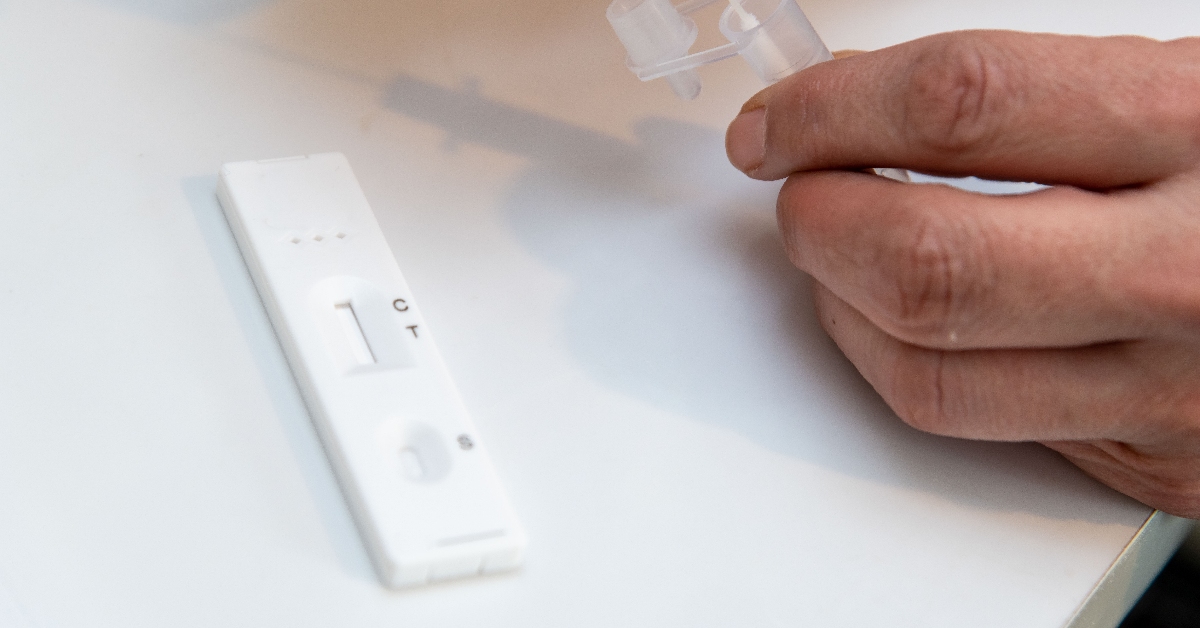 iStock
iStock






